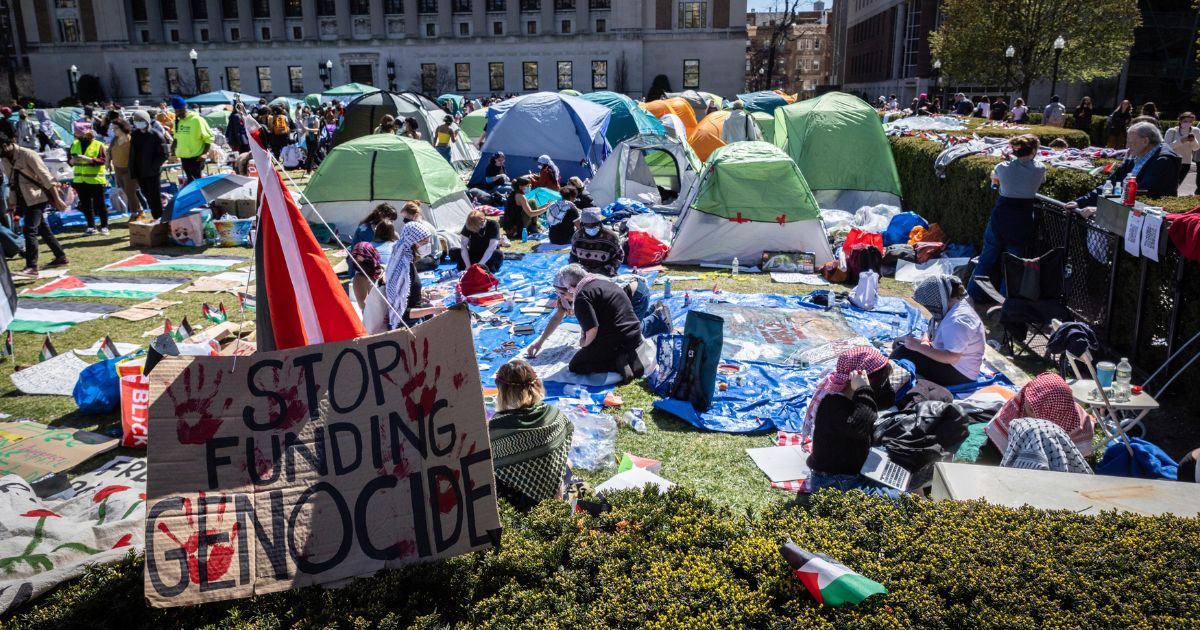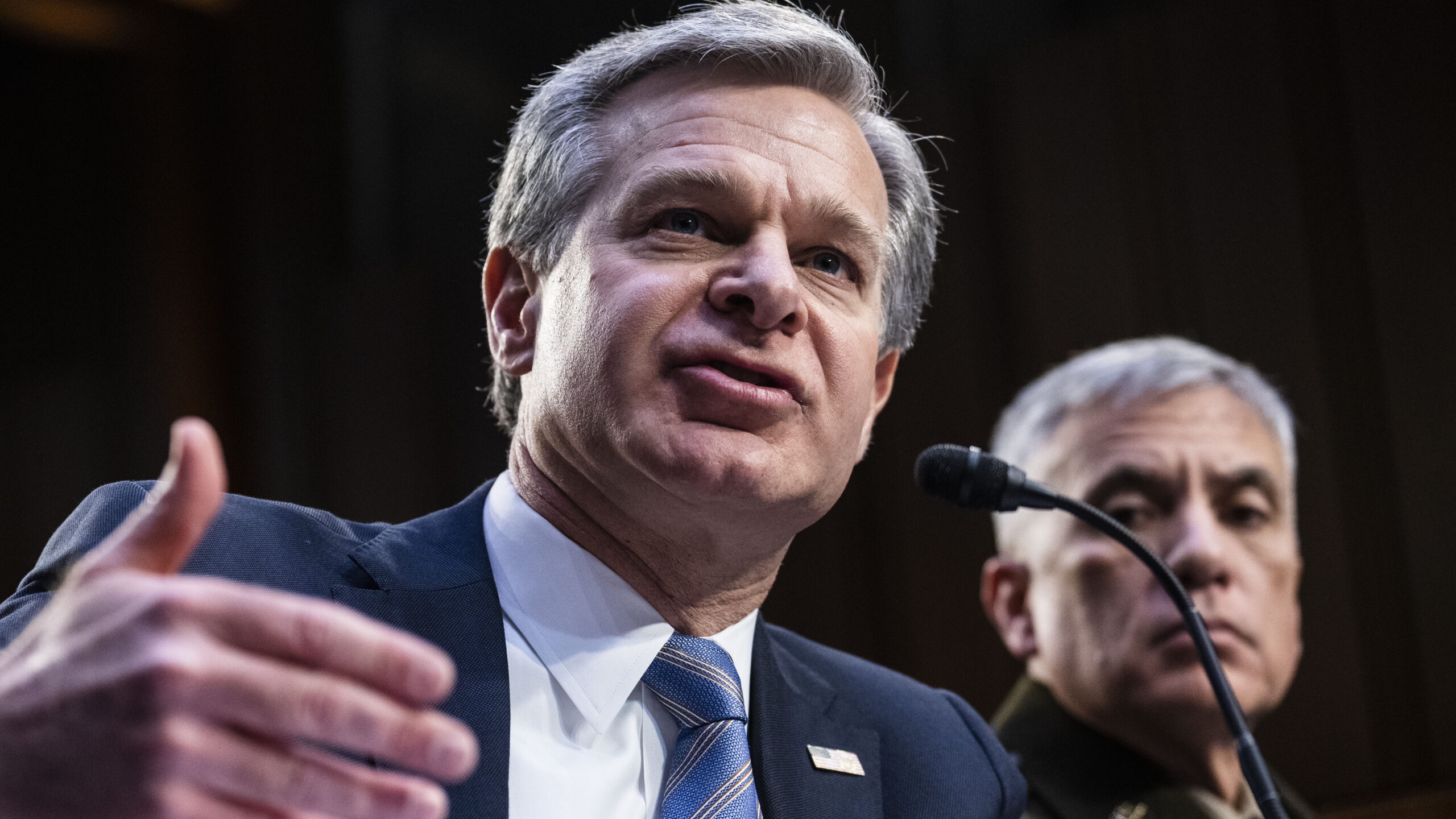Supreme Court Blocks Biden’s Eviction Moratorium

The Supreme Court on Thursday blocked the Biden administration’s latest eviction moratorium, a defeat that many, including the president himself, anticipated.
The Court’s opinion was unsigned and issued over the dissent of the three liberal justices. Landlords who challenged the eviction ban argued that the Centers for Disease Control had no legal basis for its moratorium, which costs landlords as much as $19 billion per month. There are 6.5 million households behind on rent, according to a report from the National Low Income Housing Coalition.
The High Court on June 29 turned down a challenge to a prior iteration of the eviction ban. But Justice Brett Kavanaugh, who cast the decisive fifth vote, made clear in a short solo opinion that he would not sustain future moratoria absent “clear and specific congressional authorization.” On Thursday, the Court said the federal moratorium represented an unprecedented claim of authority by a federal agency.
Thursday’s decision is the conclusion of a strange legal saga. The Biden administration extended the eviction ban after the Court’s June 29 order, even as the White House acknowledged it was unlikely to survive legal scrutiny. Many of President Joe Biden’s congressional and legal allies faulted the administration for ceding the legal fight preemptively, while critics of the ban seized on the government’s admissions as proof of bad faith.
The June 29 order strongly signaled that the Supreme Court would strike down a moratorium extension not approved by Congress. The order did not definitely establish that fact, however, and Kavanaugh’s one-paragraph opinion was the only legal analysis the justices shared.
Nevertheless, White House press secretary Jen Psaki said the Court’s order foreclosed an extension of the eviction ban, and Biden said an extension is “not likely to pass constitutional muster.”
“President Biden would have strongly supported a decision by the CDC to further extend this eviction moratorium to protect renters at this moment of heightened vulnerability,” Psaki said during a July 29 press conference. “Unfortunately, the Supreme Court has made clear that this option is no longer available.”
Those concessions left acting solicitor general Brian Fletcher and his aides in the Justice Department with the unenviable task of defending a government policy the White House itself said is probably illegal. Fletcher argued that the administration is not bound by judicial tea-leaf reading.
“The executive branch does not defy the rule of law by adopting a policy that it reasonably believes to be a lawful and urgently needed response to an unprecedented public emergency, even if there are indications that this Court may ultimately disagree,” the government countered in its brief to the justices.
“That is especially true where, as here, those indications are found in a short concurring opinion and four unexplained dissenting votes,” it added.
The government argued the CDC eviction ban is authorized by a provision of the Public Health Service Act that allows the agency to take steps “to prevent the introduction, transmission, or spread of communicable diseases” among the states.
The landlords say that provision isn’t a limitless grant of power to the agency. They also say Congress would have been much clearer if it meant to give the agency power to suspend evictions for over a year.
“Congress must expressly and specifically authorize an agency to resolve major policy questions before it can do so, and [the Public Health Service Act] contains no such authorization when it comes to regulating landlord-tenant relationships throughout the country,” their application reads.
The Court credited that argument in Thursday’s decision.
“We expect Congress to speak clearly when authorizing an agency to exercise powers of vast economic and political significance. That is exactly the kind of power that the CDC claims here,” the decision reads. “The government’s read would give the CDC a breathtaking amount of authority. It is hard to see what measures this interpretation would place outside the CDC’s reach.”
The landlords also said it’s doubtful they will ever recover the money they’ve lost due to the moratorium. Though Congress has allocated federal dollars for rental assistance, the states have been slow to distribute the money, and the appropriations are not sufficient to make the landlords whole in any event. As of July 21, just $4.7 billion of $46 billion in rental assistance provided by Congress has been distributed, the Treasury Department said Wednesday.
Nor is it likely that the landlords can collect back rent from their tenants at some future date.
“The notion that renters on the verge of homelessness will somehow be able to repay a year’s worth of back rent cannot be taken seriously,” lawyers for the landlords wrote.
In dissent, Justice Stephen Breyer wrote the Court was wrong to resolve the case on an emergency basis. The dispute, he said, features novel legal issues that have divided lower courts and implicate the most serious interests.
“These questions call for considered decisionmaking, informed by full briefing and argument,” Breyer wrote. “Their answers impact the health of millions. We should not set aside the CDC’s eviction moratorium in this summary proceeding.”
The case is No. 21A23 Alabama Association of Realtors v. Department of Health and Human Services.
" Conservative News Daily does not always share or support the views and opinions expressed here; they are just those of the writer."






